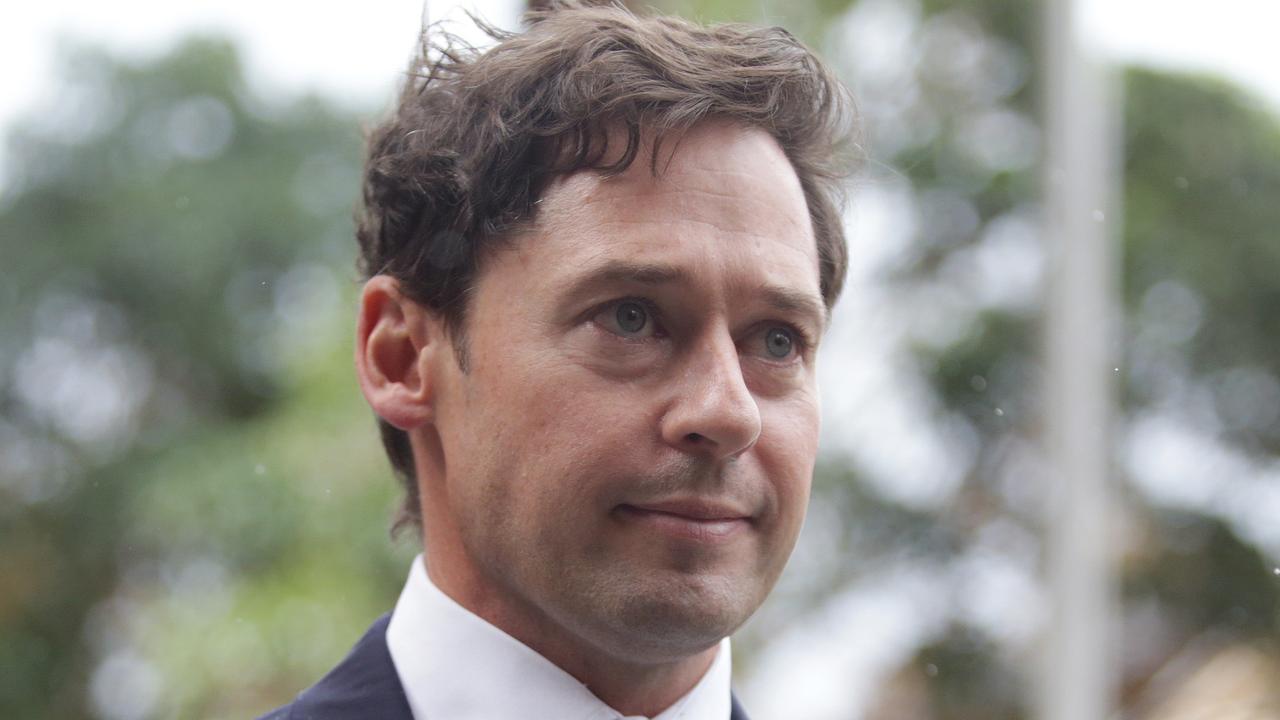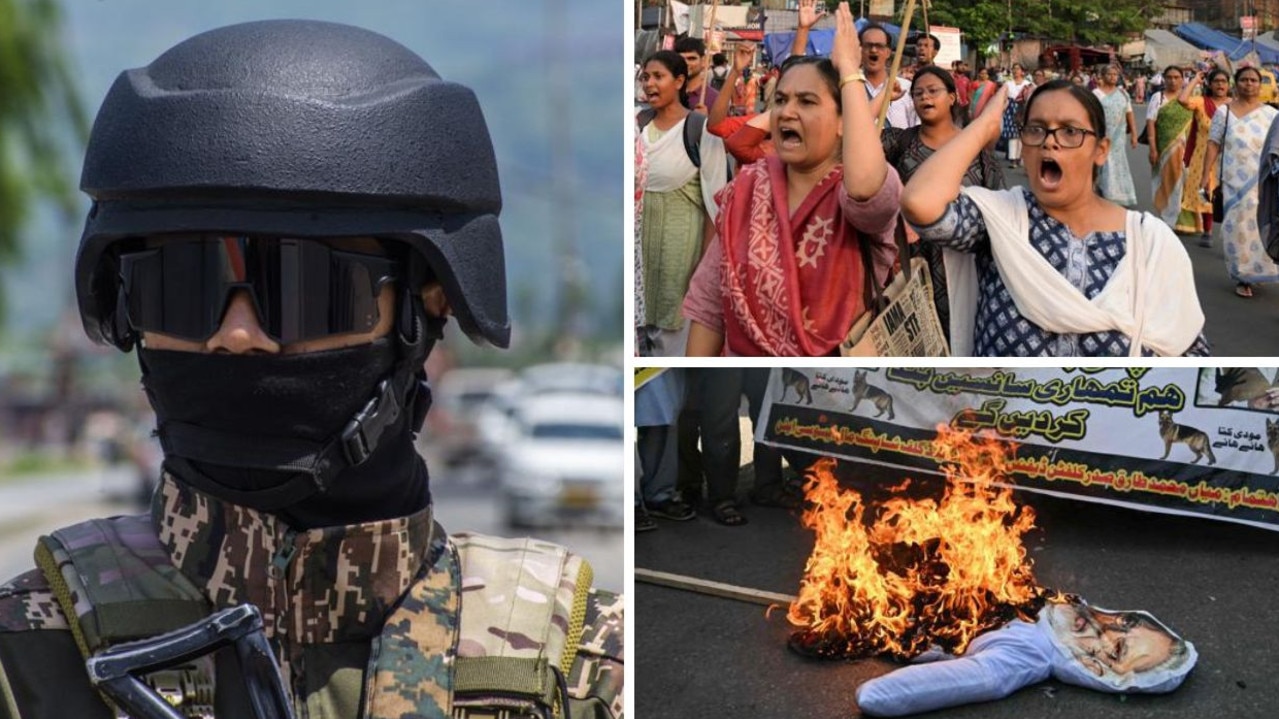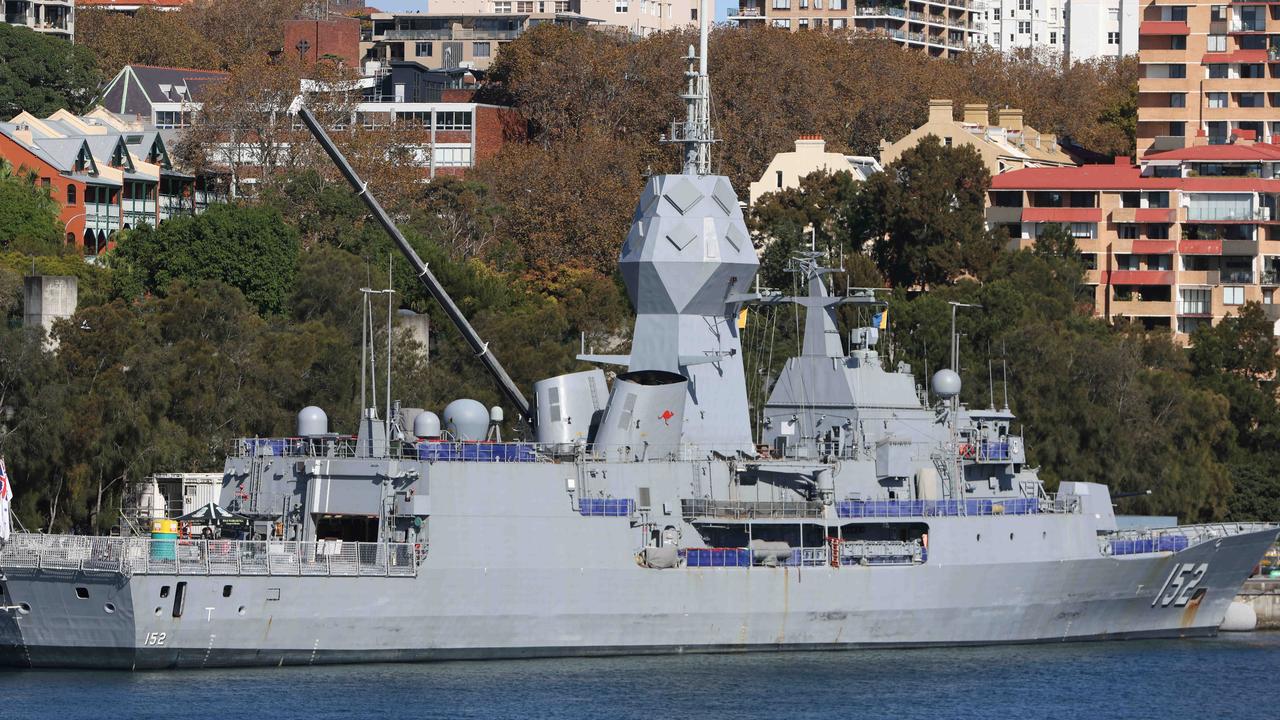Shipwreck at centre of crisis on Australia’s doorstep
The Philippines wants a ‘Christmas convoy’ to cheer up troops and sailors stationed in the middle of the South China Sea. And it could spark an international crisis.
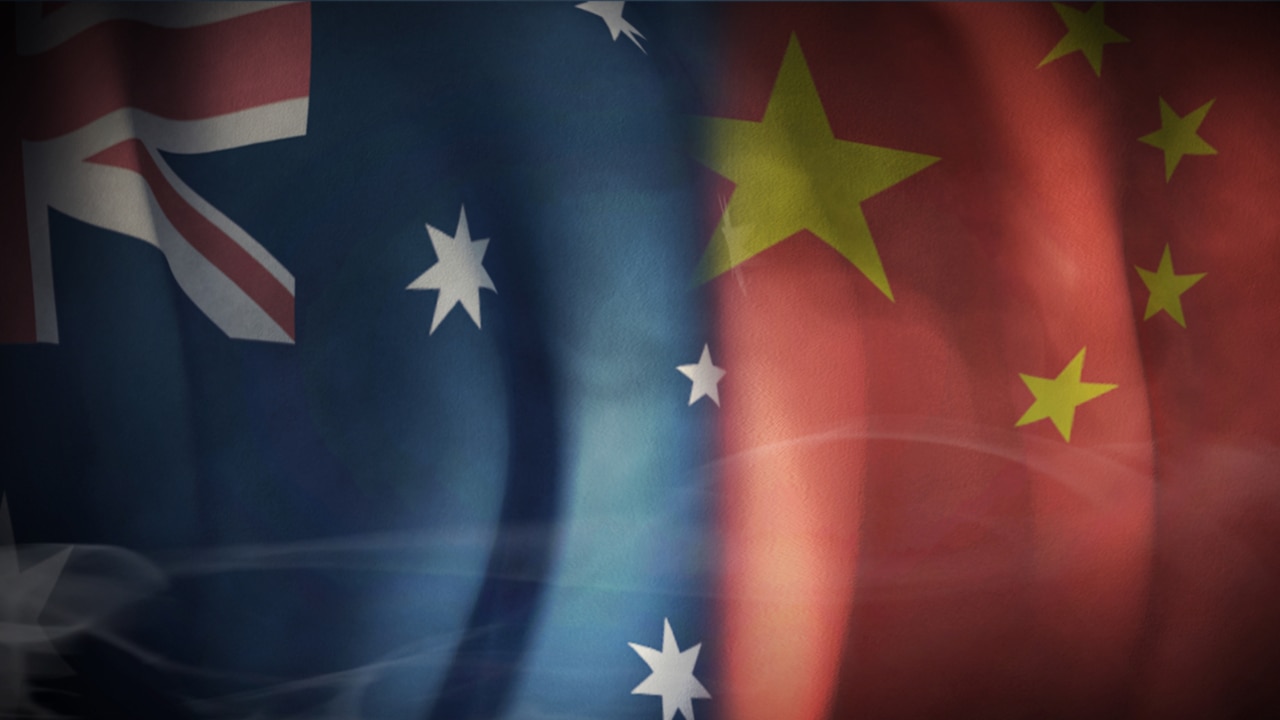
The Philippines wants a “Christmas convoy” to cheer up troops and sailors stationed in the middle of the South China Sea. And it could spark an international crisis.
Manila has given the green light for a group of 40 civilian boats to sail through the contested Spratly Islands to distribute gifts and festive foods. That’s despite recent open hostility from Chinese forces attempting to wrestle control of the remote but resource-rich reefs and sandbars.
Lasers. Water cannon. Ramming. All are tactics recently employed by China’s Coast Guard and fishing militia to assert dominance over the territory roughly between Vietnam, Malaysia and the Philippines.
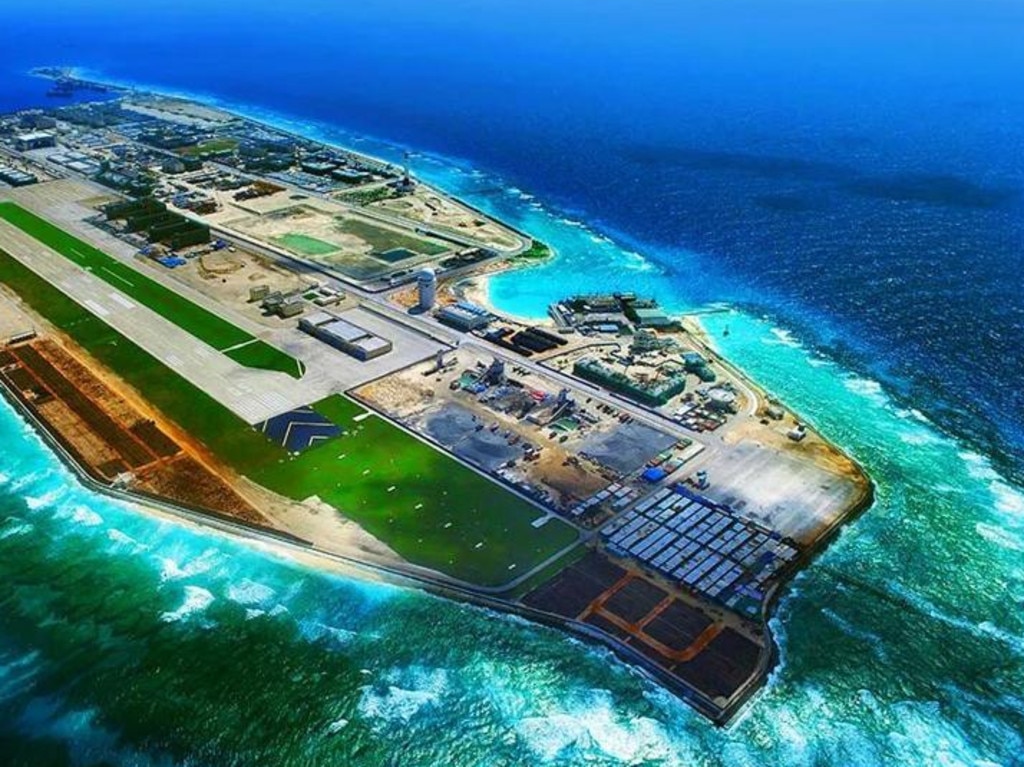
China insists it is simply protecting its “inherent, indisputable” sovereignty.
That’s despite a 2016 international court of arbitration ruling, which rejected Beijing’s assertion of “historical” ownership.
“China will continue to take necessary measures in accordance with domestic and international law to firmly safeguard China’s territorial sovereignty and maritime rights and interests,” a People’s Liberation Army (PLA) spokesman warned last month.
But Chinese Communist Party International Liaison Officer Liu Jianchao told an Australian audience this week that Chairman Xi Jinping only wants regional prosperity and development.
“Aggression and expansion are not in our genes,” he insisted. “For China to realise development, we need peace and stability, not conflict or war.”
But Liu also told the Australia-China Relations Institute at the University of Technology Sydney that “maritime issues are very complicated and complex”.
His comments come after a Chinese warship lashed the water surrounding a disabled Australian frigate with blasts of sonar sound energy, injuring two divers, while in Japanese territorial waters.
HMAS Toowoomba then travelled through the Taiwan Strait (which Beijing insists isn’t an international waterway) before joining the Philippines Coast Guard in Australia’s first joint patrol of the troubled South China Sea territory.
Tweaking the dragon’s tail
At the heart of the growing South China Sea crisis is a decaying World War II vintage assault ship. The BRP Sierra Madre was grounded on the Second Thomas Shoal in 1999 to assert the Philippines’ intention to protect its UN-defined Exclusive Economic Zone (EEZ).
But Manila has expressly warned the Christmas convoy away from the rusting hulk.
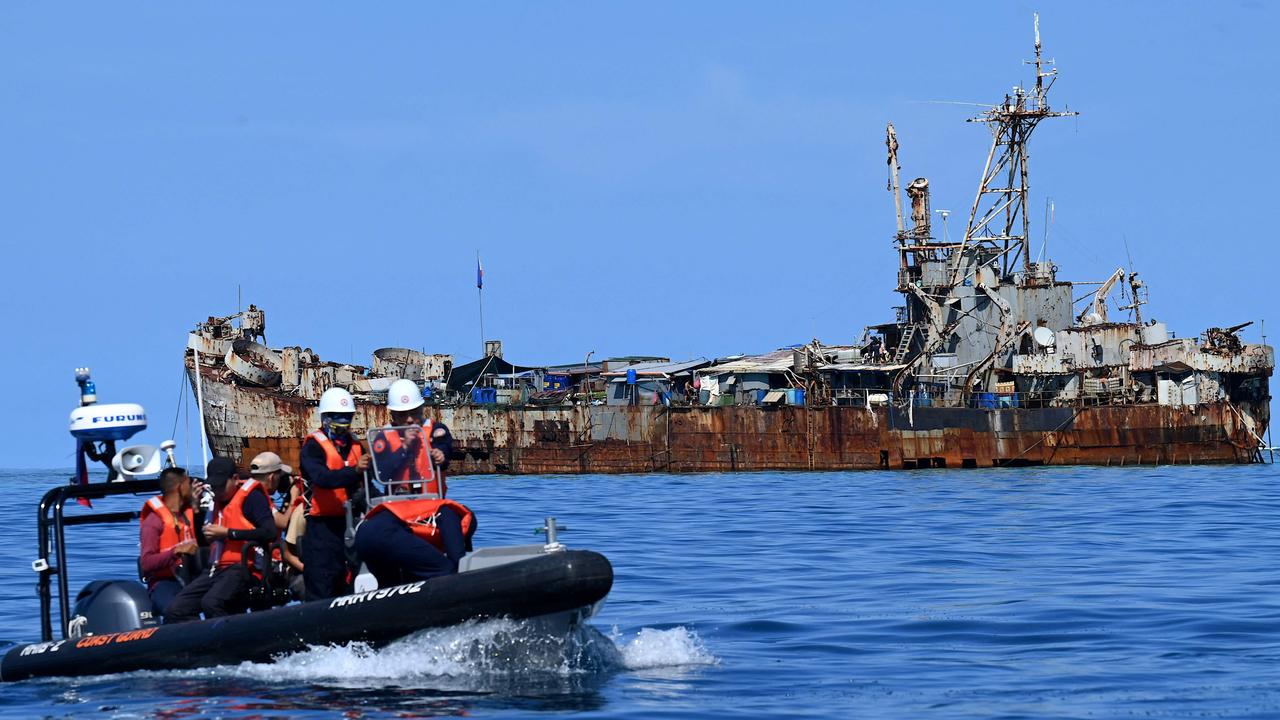
“Both parties agreed that a convoy to the BRP Sierra Madre in Ayungin (Second Thomas Shoal) would not be advisable at this time since the safety of the civilian convoy is of paramount consideration,” a Philippine National Security Council spokesman told local media this week.
“They cannot go inside the lagoon, and they can’t board the BRP Sierra Madre. What is paramount is their safety and security.”
But Beijing arbitrarily asserts ownership over the entirety of the South China Sea.
And Beijing insists that continued Philippine presence in the Spratlys is “stirring up trouble”.
“China once again urges the Philippines to take China’s grave concerns seriously … stop stirring up trouble and making provocations at sea, stop making dangerous moves, stop groundlessly attacking and slandering China and tow away the illegally ‘grounded’ warship,” a People’s Liberation Army (PLA) spokesman recently demanded, “so that the peace and stability of the South China Sea will not be jeopardised and the common interests of countries in the region will not be affected.”
But the proposed Christmas convoy flies in the face of this threat.
Unmasking aggression
“The agreement ensures the safety and security of the Christmas Convoy and the timely delivery of donated items to our fisherfolk and front-liners and upholds our sovereign rights to the West Philippine Sea,” the Philippine National Security spokesman explained.
But the high-profile nature of such a parade of Philippine vessels will almost certainly raise Beijing’s ire.
Bypassing the BRP Sierra Madre emphasises Beijing’s insistence that it owns several other islands and reefs occupied by Philippine fishers over recent centuries.
This includes Pag-asa (Thitu) island, whose 400 occupants also have to contend with regular threats and dangerous manoeuvres by Chinese vessels.
President Ferdinand Marcos Jr said the Philippines would continue to work with “allies and partners” to stabilise the region.
“My message has always been firm, simple and clear: the Philippines will continue to be an engaged and responsible neighbour – always finding ways to collaborate with the end goal of mutually beneficial outcomes, namely: peace, stability and prosperity in the Indo-Pacific region,” he said during a visit to Honolulu.
“Australia is increasingly seeing the Philippines as an essential partner in preserving regional stability,” says Melbourne-based political analyst Grant Wyeth.
“It is clear that China has little interest in abiding by UNCLOS or with any legal rulings that indicate that it must share the sea. This means that through its partnerships, Canberra needs to be engaged in establishing enough deterrence in the region to limit Beijing’s attempts at exerting its might.”
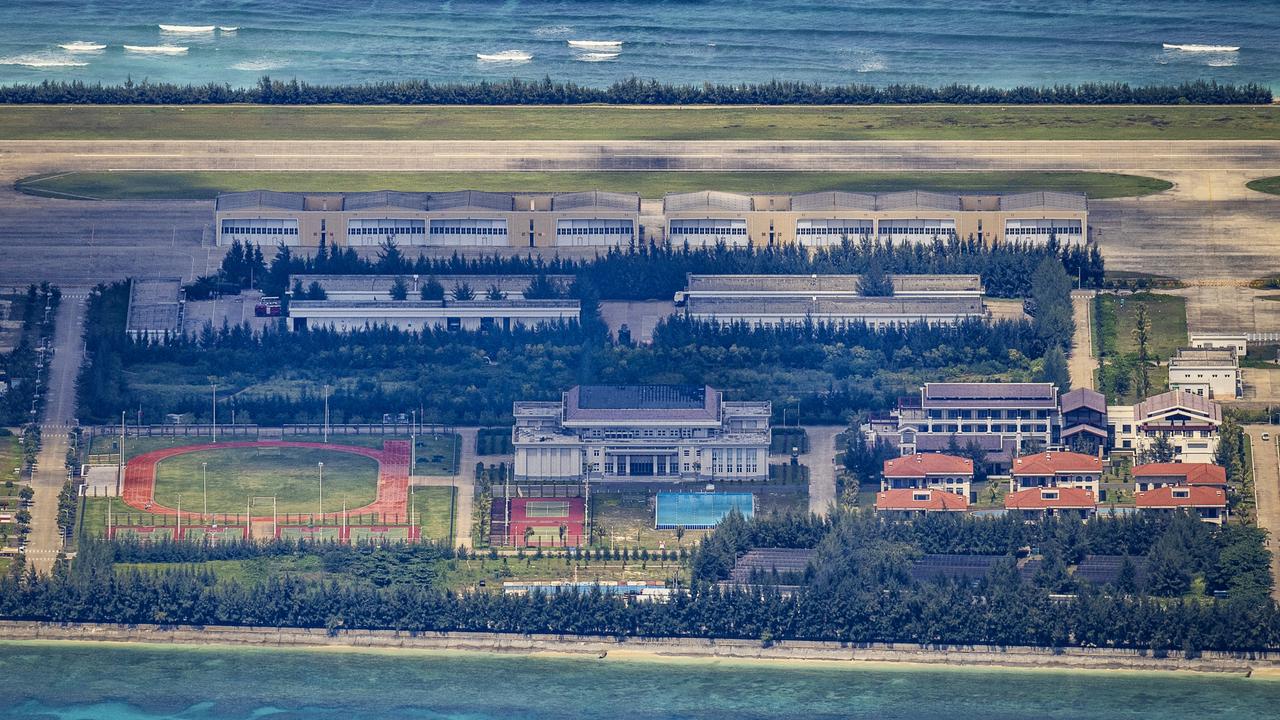
‘Crossing the line’
The Communist Party director of “Philippine Studies” at Jinan University in China’s southernmost Guangdong Province, Dai Fan, said Manila has “repeatedly engaged in provocations” around the Second Thomas Shoal.
“The US intervenes in the South China Sea issue under the pretext of so-called freedom of navigation, claiming to jointly uphold the rule-based international order with its allies while accusing China of violating rules,” argued Dai Fan.
“However, the US turns a blind eye to the blatant violation of rules by the Philippines’ illegal aground of a military vessel, and even attempts to assist the Philippines in solidifying its illegal occupation.”
Since 2015, China has built a series of artificial island fortresses in the Spratlys to solidify its own illegal occupation.
“Southeast Asian countries should be aware that China has long supported the central role of ASEAN in the regional framework, committed to maintaining peace and stability in the South China Sea,” Dai asserted.
“Hence, China has consistently adopted a highly tolerant attitude towards the provocations of some individual countries. However, countries like the Philippines, who persistently use the illegally grounded vessel in the South China Sea to stir up trouble, should be clear that China’s tolerance is not unlimited.”
But Manila appears unwilling to back down.
“This would present an unacceptable loss of sovereignty for the Philippines and a grave threat to Australia’s economic interests,” Wyeth argued in The Diplomat.
“Unfortunately, Beijing largely understands the world through the lens of dominance and submission. The idea of mutually beneficial rules like UNCLOS is something the Chinese Communist Party struggles to comprehend – instead seeing these things as weakness. Therefore, the only effective response from other countries is a demonstration of not being cowered.”
More Coverage
On Friday, a Chinese Ministry of Defence spokesman again attacked Canberra’s and Manila’s complaints as “malicious hype-up”.
“We oppose any act that stir up confrontation and heighten tensions in the South China Sea. We urge the Philippine side to abide by the spirit of the DOC, stop violating China’s sovereignty. The Chinese military will stay vigilant and firmly safeguard national sovereignty and maritime rights and interests and defend peace and stability in the South China Sea.”
Jamie Seidel is a freelance writer | @JamieSeidel




